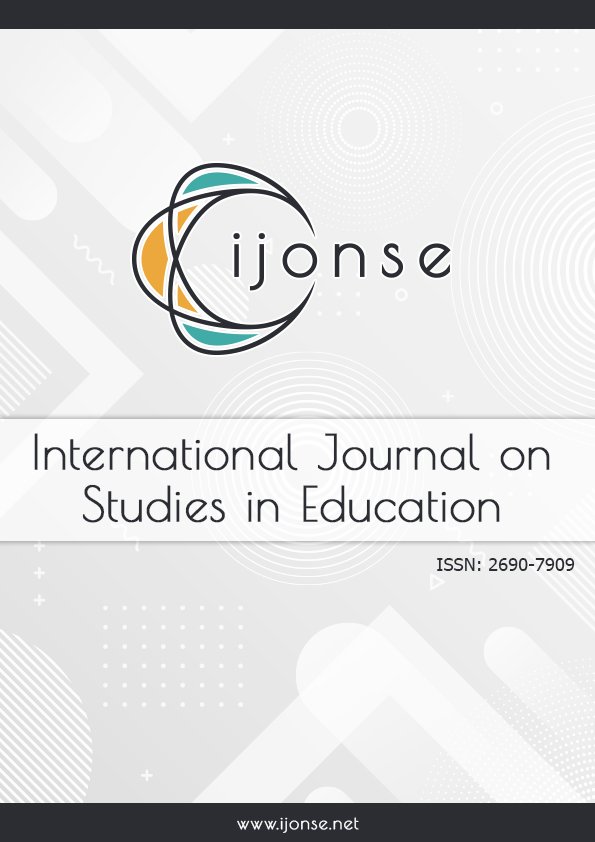Assessing the Efficacy of Peer Teaching as an Alternative to Teaching Practice
DOI:
https://doi.org/10.46328/ijonse.180Keywords:
Peer teaching, School-based teaching practice, Pre-service teacher professional development, Covid-19 pandemic, Pedagogical content knowledgeAbstract
Globally, the outbreak of the Covid-19 negatively affected human beings across all spheres of live. Higher education was one of the hardest hit sectors as schools closed. In place of the traditional school-based teaching practice, teacher interns did peer teaching. The study used the pedagogical content knowledge framework to assess the effectiveness of peer teaching as a replacement for school-based teaching practice. Questionnaires, interviews and group discussions were used to collect data. The results indicated that peer teaching is a useful strategy to introduce teacher interns to the art of teaching. However, the peer teaching practice environment does not represent the realities of the school classroom. Thus, peer teaching is inadequate to be used as a substitute for school based teaching practice. The results point to need for a thorough review of the use of peer teaching in place of the school-based teaching practice.References
Kgwefane, T.A. & Masimega, G.S. (2024). Assessing the efficacy of peer teaching as an alternative to teaching practice. International Journal on Studies in Education (IJonSE), 6(1), 126-141. https://doi.org/10.46328/ijonse.180
Downloads
Published
Issue
Section
License
Articles may be used for research, teaching, and private study purposes. Authors alone are responsible for the contents of their articles. The journal owns the copyright of the articles. The publisher shall not be liable for any loss, actions, claims, proceedings, demand, or costs or damages whatsoever or howsoever caused arising directly or indirectly in connection with or arising out of the use of the research material.
The author(s) of a manuscript agree that if the manuscript is accepted for publication in the International Journal on Studies in Education (IJonSE), the published article will be copyrighted using a Creative Commons “Attribution 4.0 International” license. This license allows others to freely copy, distribute, and display the copyrighted work, and derivative works based upon it, under certain specified conditions.
Authors are responsible for obtaining written permission to include any images or artwork for which they do not hold copyright in their articles, or to adapt any such images or artwork for inclusion in their articles. The copyright holder must be made explicitly aware that the image(s) or artwork will be made freely available online as part of the article under a Creative Commons “Attribution 4.0 International” license.

This work is licensed under a Creative Commons Attribution-NonCommercial-ShareAlike 4.0 International License.





